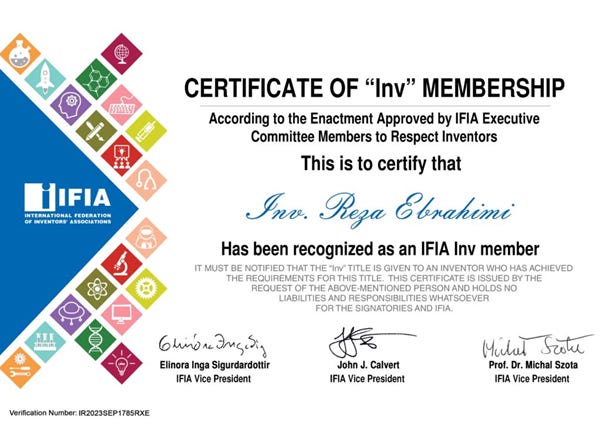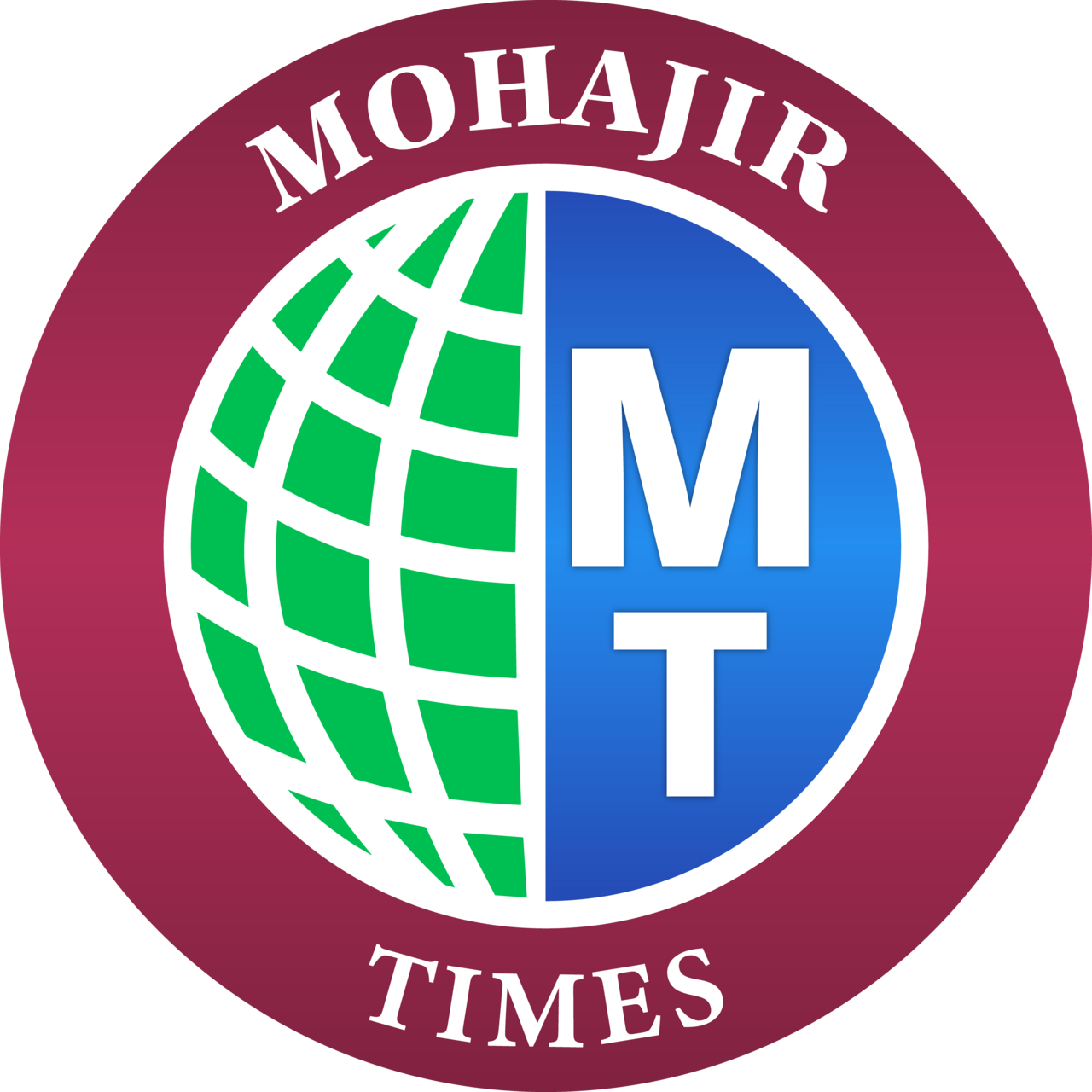Nanotechnology Will Eradicate Cancer—I Hope Afghanistan Will Be Among the Leading Nanotechnology Countries in the World
With nanotechnology, it is projected that by 2040, 95 percent of the global industry will be covered. These advancements aim to eradicate all diseases, including cancer
Interviewer: Aman Shadkam
Proxy wars and ethnic discrimination in Afghanistan have led to a massive migration flow towards neighboring countries, including Iran, which has taken in more than three million Afghanistani migrants and refugees. Despite the harsh and unilateral economic sanctions imposed by the United States, Iran has accommodated these Afghan migrants.
Despite facing significant legal challenges, restrictions, and severe discrimination, Afghanistani migrants in Iran, like Reza Ebrahimi, have managed to overcome these obstacles and establish themselves as distinguished individuals in the global scientific and technological community. In our series of interviews, Mohajir Times has reached out to Mr. Reza Ebrahimi, an inventor and Photonics engineer specializing in Nanophotonics and a member of the International Federation of Inventors' Associations(IFIA) of Switzerland, to hear more about his journey.

Ebrahimi, originally from Afghanistan, resides in Iran and was born in 1992. He completed his schooling in Iran and is currently pursuing a Master's degree at the University of Tehran. In this interview, we discuss his efforts, skills, and achievements to date:
Mohajir Times: Mr. Ebrahimi, thank you for this opportunity. In a previous interview, you mentioned being born in Tehran and presumably completed your schooling there as well. During that time, did you also read supplementary books alongside your school textbooks?
Ebrahimi: Yes, I was born in Iran. When I was about one year old, my family moved to Qom, where I completed my primary, middle, and high school education. Despite many obstacles to my education due to my status as a migrant, I continued my studies. For my Bachelor's degree, I chose Electrical Engineering with a focus on Telecommunications due to my profound interest in mathematics and physics. For my Master's degree, I decided to advance further and chose Photonics Engineering with a specialization in Nanophotonics at the University of Tehran.
I read many supplementary books because I have always been passionate about reading since childhood. I aspired to be recognized as a renowned inventor and to work in major companies like Samsung, Apple, and NASA. Consequently, I have endured many hardships and continued my education diligently. Ultimately, these efforts and hardships have brought me to where I am today.
Mohajir Times: Mr. Ebrahimi, can you provide some more information about nanotechnology, what it entails, and its applications in today's world?
Ebrahimi: Nanotechnology involves manipulating materials at the atomic level to create materials and devices by controlling them at the level of atoms and molecules. It encompasses engineering and technology on a nanoscale in fields such as chemistry, biology, physics, and engineering sciences, manipulating matter between one to one hundred nanometers. Renowned scientists like American physicist Richard Feynman have played a crucial role in the development of nanoscience. There is ample scope to explore questions regarding working with materials and objects at tiny scales, captivating the minds of listeners and audience.
Richard Feynman proposed and highlighted the difference between nanoscience and fundamental physics, which was surprising and considered impossible at the time. However, today, we witness continual advancements in Nanosciences. With nanotechnology, it is projected that by 2040, 95 percent of the global industry will be covered. These advancements aim to eradicate all diseases, including cancer. I hope that Afghanistan will be among the leading countries in nanotechnology. Gaining knowledge and training specialists in this field can address the challenges faced by the people of Afghanistan and bring security and peace to the country.
Mohajir Times: Some believe that being elite and having talent is dependent on innate ability, meaning effort is not very involved. What is your opinion on this? Do you think you have natural talent, or have you become a distinguished individual and inventor through effort and hard work?
Ebrahimi: In my view, being an elite and having talent is not at all dependent on innate ability. To achieve success, one must endure hardships and make a concerted effort, as success and comfort never come without difficulty. I do not possess any innate talent. Like other students, I worked hard and persevered until I succeeded. It is natural that when you enter any field and master it, you will eventually achieve success.
Mohajir Times: Sometimes, you may have noticed that the children of Afghanistani migrants in Iran turn away from studying. Although they have a relative opportunity, they study until the ninth or tenth grade and then drop out. What is your perspective and advice as an inventor and a successful young person in the field of education for them?
Ebrahimi: Yes! When youth reach the ninth and tenth grades, they often drop out due to their families' economic problems, which prevent their families from covering educational expenses. They are forced to work. I advise migrant families in Iran to support their children in any way possible and not let them drop out and remain illiterate. It is also the moral duty of investors and economic elites to support students with severe financial problems and ensure that no one is deprived of education. Migrant children should choose majors they are interested in to succeed and be among the best.
Mohajir Times: Mr. Ebrahimi, I have spoken with several families in the provinces of Arak and Qom about why their children drop out. They said that their children drop out due to a lack of job opportunities in their specialized fields and legal restrictions in schools and universities by the Iranian state. What is your opinion on this?
Ebrahimi: They lack motivation and need to be inspired. The child's interests should also be assessed and supported accordingly. Not all children want to become engineers or doctors. Society also needs psychologists and other professionals, and they can certainly start a business and enter the industry.
Mohajir Times: As a final question, what are your critical recommendations for encouraging students?
Ebrahimi: To encourage students, both migrant and refugee youths, it is recommended that they become skilled and specialized in their work and also be proficient in English. These skills will impact your career wherever you want to go or migrate. It does not matter which field you wish to enter; you must be among the best in that field, and this success can only be achieved through effort and hard work.





